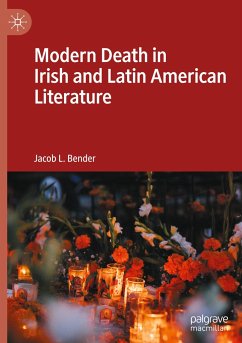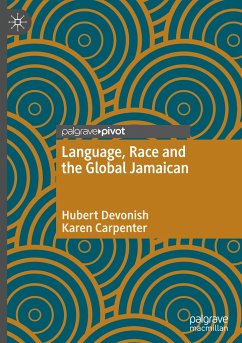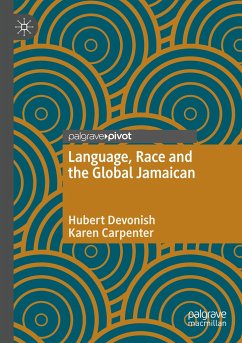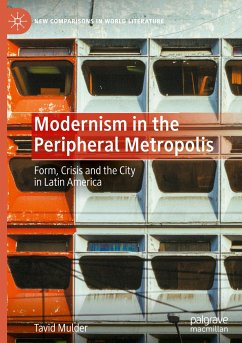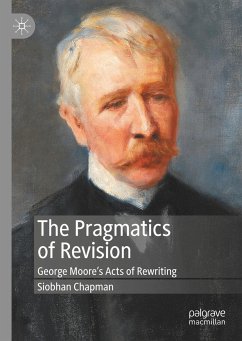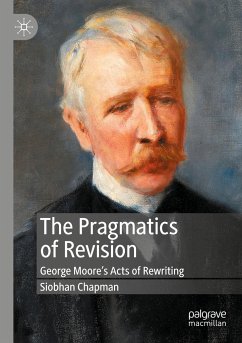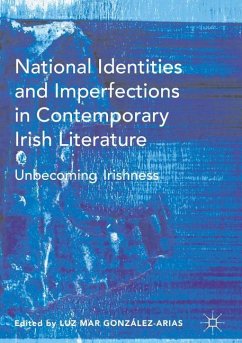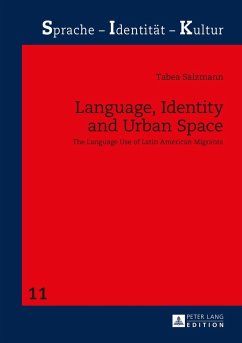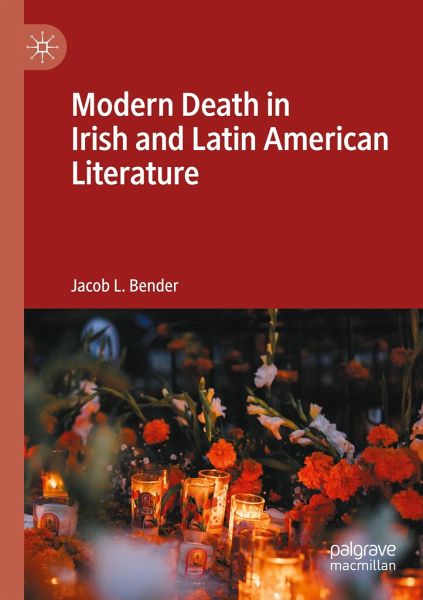
Modern Death in Irish and Latin American Literature
Versandkostenfrei!
Versandfertig in 6-10 Tagen
53,99 €
inkl. MwSt.
Weitere Ausgaben:

PAYBACK Punkte
27 °P sammeln!
This comparative literature study explores how writers from across Ireland and Latin America have, both in parallel and in concert, deployed symbolic representations of the dead in their various anti-colonial projects. In contrast to the ghosts and revenants that haunt English and Anglo-American letters-where they are largely either monstrous horrors or illusory frauds-the dead in these Irish/Latinx archives can serve as potential allies, repositories of historical grievances, recorders of silenced voices, and disruptors of neocolonial discourse.





